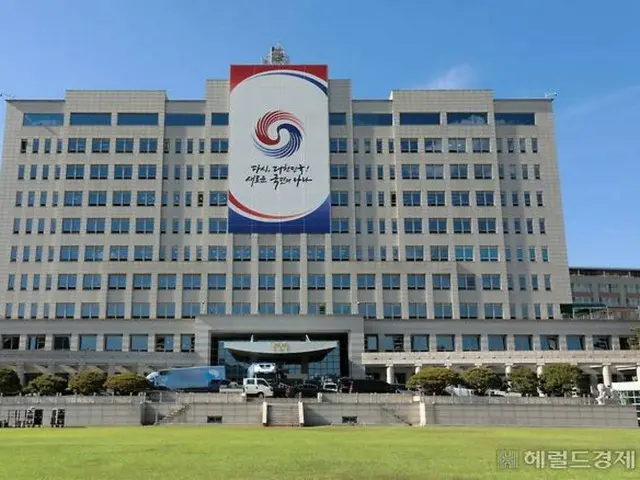On the same day, Director Sung appeared on the news program of Korean TV station MBN and explained the latest situation of the real estate market. He said, "The prices of new apartments in Seoul and the metropolitan area are rising.
"However, prices are falling or remaining flat in the outskirts of the capital region, in regional areas, and for properties other than condominiums."
He continued, "Due to the impact of the real estate measures (8.8 measures) announced by the government on August 8,
"Prices appear to be rising at a slower rate for the third consecutive week," it said. "Nevertheless, it is difficult to say that prices have completely stabilized, so it is necessary to continue expanding supply and curbing speculation."
Regarding the so-called "two rental laws" related to the right to request contract renewal and the previous month upper limit system, Director Nari said, "Four years have passed since they were enacted, but contrary to the original intent, they have been trying to alleviate tenants' housing insecurity.
"It's been four years since artificial price controls like the two rental laws were put in place, and the pressure has reached a point where prices are rising at a time when prices are on the rise," said Director Sei.
"There is a possibility that the government will raise the rating considerably," he said, explaining, "This situation is one of the reasons for the instability of the real estate market." He also said that, following the government's recent tone, the financial sector will tighten lending to households.
In response to criticism that actual users are becoming victims of good faith, the ministry said, "In managing the soundness of loans in general, it is not good for loans to be delayed for actual users," and "The purpose of the loans is investment and speculation.
"We will strictly manage loans that are deemed to be loans, but loans must be made to those who actually need them," he said. "The loans themselves will be made by financial institutions independently, but the actual demand and the actual
"I would like the financial authorities to prepare guidelines to distinguish between demand and non-demand," he said. Regarding interest rate cuts, he said, "I think it is correct that interest rates are moving in the direction of lowering them.
"The environment is quite favorable for lowering interest rates," he said, adding, "(Interest rate cuts) are generally considered to be beneficial for the economy, but there is also a possibility that household debt will increase and the real estate (market) will become unstable.
"We need to take a more rigorous approach to this issue while strengthening the management and supervision of loans," he said.
Regarding the provision of subsidies to all citizens, he said, "The national debt ratio increased under the previous administration. Therefore, it is difficult to artificially boost government spending while we are under a burden."
"It would cost about 13 trillion won (about 1.39 trillion yen) to provide the funds. It would be difficult to implement it in the current situation," he said. "However, we need to collect more support for people who are in financial difficulty."
"The 250,000 won aid should not be just distributed to everyone in the country, but rather should be targeted at those in need," he said.
Regarding the recent proposed reform of the national pension system announced by the government, Director Sei said, "The concept is not to collect money from the younger generation to support the elderly, but to have people pay (pensions) according to their own generation and live independently."
"It is a concept that the next generation will receive a fair share. We need to change to this system," he emphasized. Regarding tax reform, he said, "Reflecting the changes of the times, we need to change the inheritance tax system to an inheritance acquisition tax and a capital gains tax.
"We should switch to a tax on real profits," he said, adding, "We will definitely abolish the financial investment income tax."
2024/09/09 05:32 KST
Copyrights(C) Herald wowkorea.jp 104

